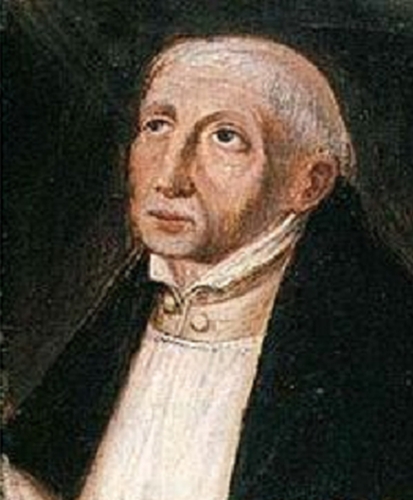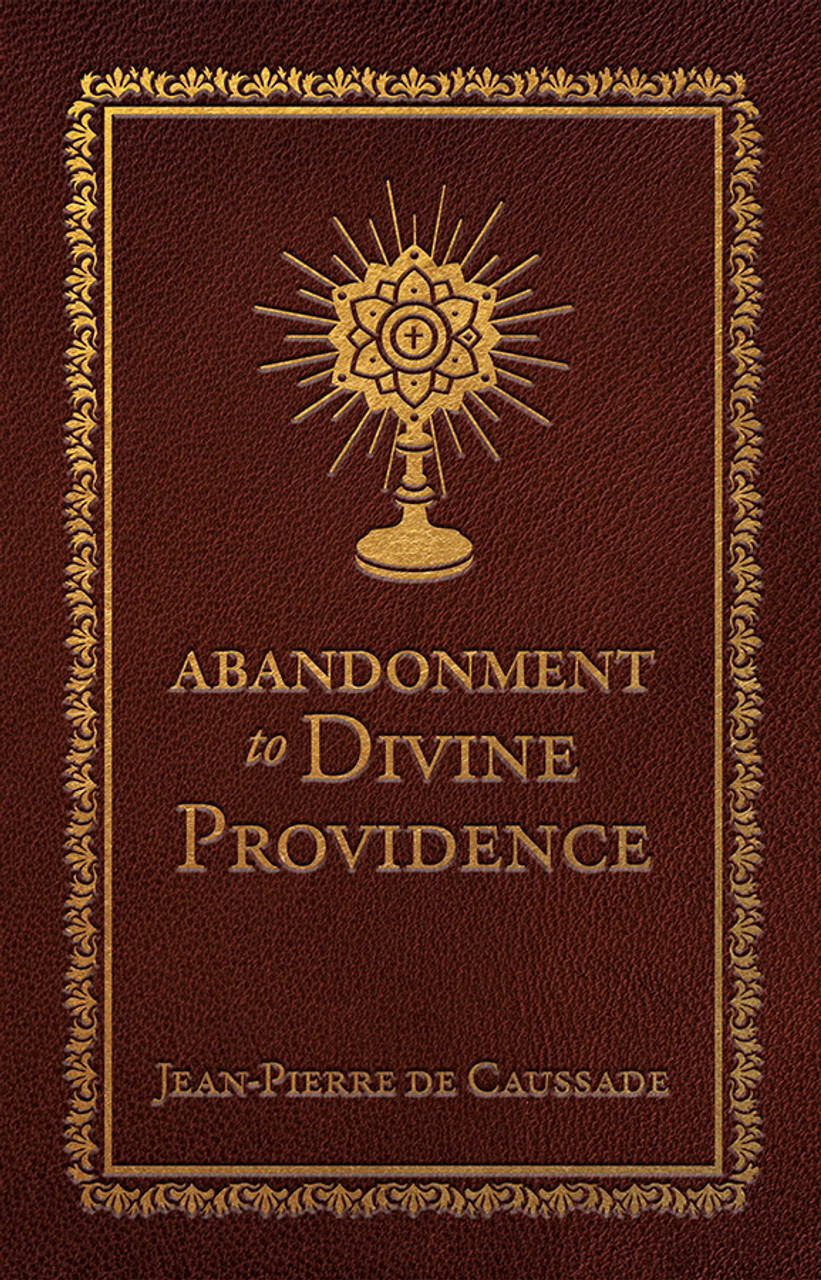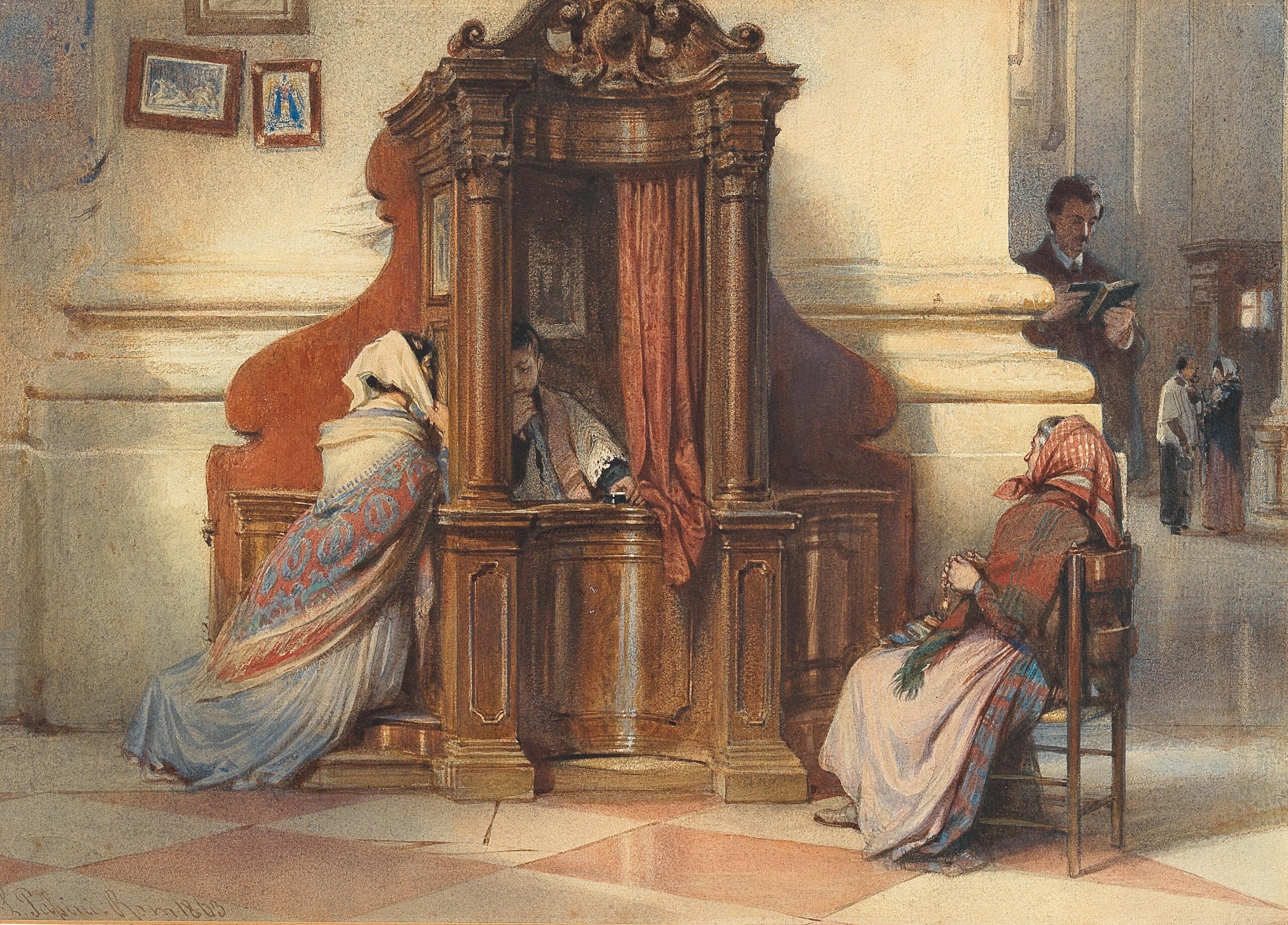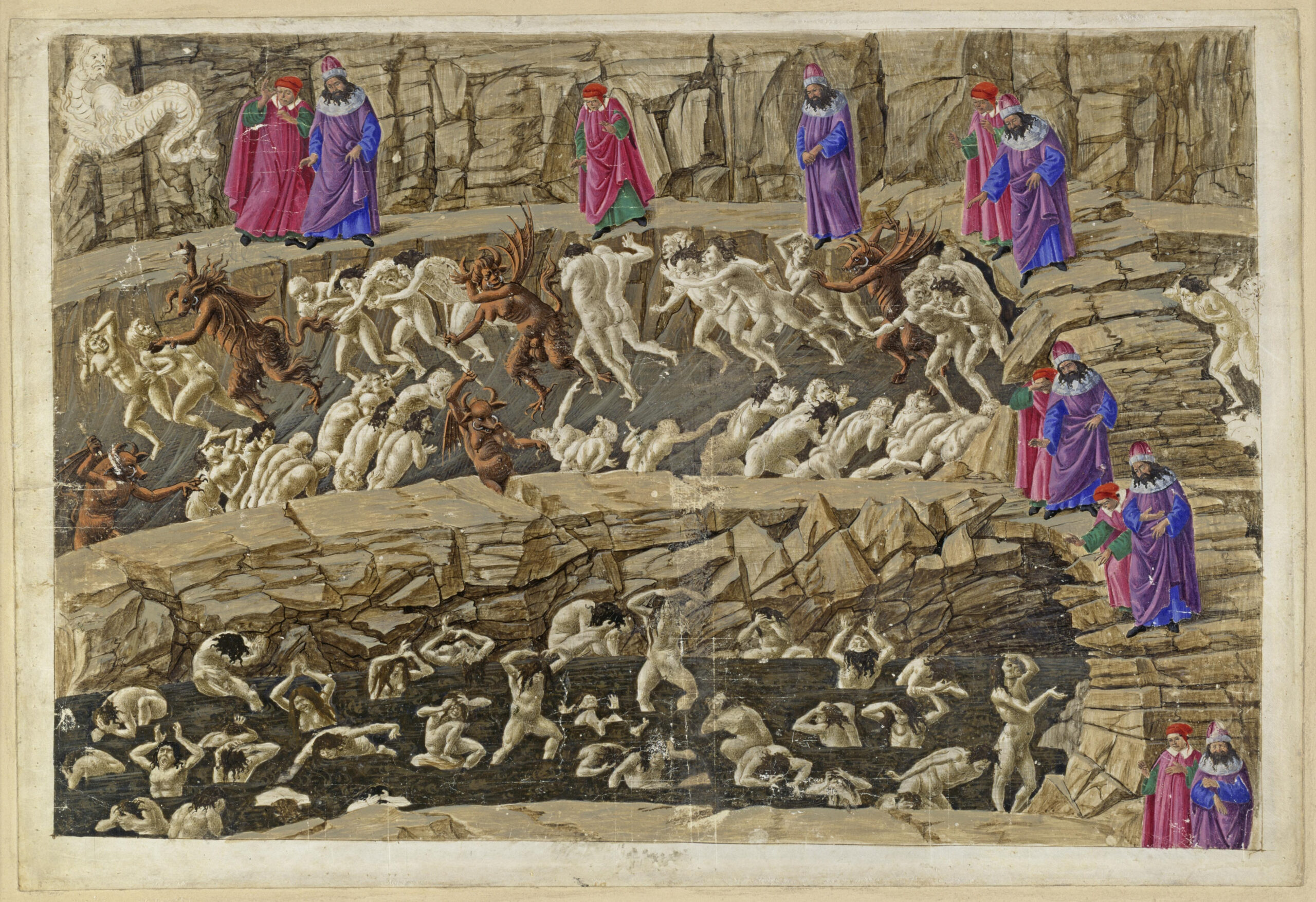The soul entirely abandoned to Divine Providence can be likened to an instrument in the hands of God. In one of the greatest spiritual classics, Jean-Pierre de Caussade reveals in Abandonment to Divine Providence, the perfect state of abandonment and how God acts in these souls.
Souls Called to Perfect Abandonment Resemble the Holy Family
SOULS called by God to a life of perfect abandonment resemble in this respect our Lord, His holy Mother, and St. Joseph. The will of God was, to them, the fullness of life. Submitting entirely to this will as to precept and inspiration directly it was made manifest to them, they were always in complete dependence on, what we might call, the purely providential will of God. From this it follows that their lives, although extraordinary in perfection, showed outwardly nothing that is not common to all, and quite ordinary. They fulfilled the duties of religion, and of their state as others do, and in, apparently, the same way. For the rest, if one scrutinizes their conduct, nothing can be discovered either striking or peculiar; all follows the same course of ordinary events. That which might single them out is not discernible; it is that dependence on the supreme will which arranges all things for them, and in which they habitually live. The divine will confers on them a complete self- mastery on account of the habitual submission of their hearts.
Called to Live in the Present Moment
Therefore the souls in question are, by their state, both solitary and free; detached from all things in order to belong to God, to love Him in peace, and to fulfill faithfully the present duty according to His expressed will. They do not allow themselves to reflect, to neglect, nor to think of consequences, causes or reasons; it is enough for them to go on simply, accomplishing their plain duties just as if there did not exist for them anything but their present obligation, and their duty to God. The present moment, then, is like a desert in which the soul sees only God whom it enjoys; and is only occupied about those things which He requires of it, leaving and forgetting all else, and abandoning it to Providence. This soul, like an instrument, neither receives interiorly more than the operation of God effects passively, nor gives exteriorly more than this same operation applies actively.
How God Acts in a Soul Abandoned to His Will
This interior application is accompanied by a free and active cooperation which is, at the same time, infused and mystical; that is to say that God, finding in this soul all the necessary qualifications for acting according to His laws, and satisfied with its goodwill, spares it the trouble of doing so, by bestowing all that would otherwise be the fruit of its efforts, or of its effectual goodwill. It is as though someone, seeing a friend preparing for a troublesome journey, would go in his stead, so that the friend would have the intention of going, but be spared the trouble of the journey; yet by this impersonation he would have gone himself, at least virtually. This journey would be free because it would be the result of a free determination taken beforehand to please the friend who then takes upon himself the trouble and expense; it would also be active because it will be a real advance; and it will be interior because effected without outward activity; and, finally, it will be mystical because of the hidden principle it contains. But to return to that kind of co-operation that we have explained by this imaginary journey; you will observe that it is entirely different from fidelity in the fulfillment of obligations. The work of fulfilling these is neither mystical nor infused, but free and active as commonly understood. Therefore abandonment to the good pleasure of God contains activity as well as passivity. In it there is nothing of self, but an habitual general goodwill, which like an instrument, has no action of itself, but responds to the touch of the master. While in his hands it fulfills all the purposes for which it was formed. Intentional and determined obedience to the will of God is, in the ordinary order of vigilance, care, attention, prudence, and discretion; although ordinary efforts are sensibly aided, or begun by grace. Leaving God, then, to act for all the rest, reserve for yourself at the present moment, only love and obedience, which virtues the soul will practice eternally. This love, infused into the soul in silence, is a real action of which it makes a perpetual obligation. It ought, in fact, to preserve it faithfully, and to maintain itself constantly in those dispositions resulting from it, all of which, it is evident, cannot be done without action. The action, however, is quite different to obedience to the present duty, by which the soul so disposes its faculties as to fulfill perfectly the will of God made manifest to it exteriorly, without expecting anything extraordinary.
This divine will is to the soul in all things its method, its rule, and its direct and safe way. It is an unalterable law which is of all times, of all places, and of all states. It is a straight line which the soul must follow with courage and fidelity, neither diverging to the right, nor to the left, nor overstepping the bounds. Whatever is over and above must be received passively, as it carries on its work in abandonment. In a word, the soul is active in all that the present duty requires, but passive and submissive in all the rest, about which there should be no self-will, but patient waiting for the divine motion.
ooo
This article is taken from a chapter in Abandonment to Divine Providence by Jean-Pierre de Caussade which is available from TAN Books.









